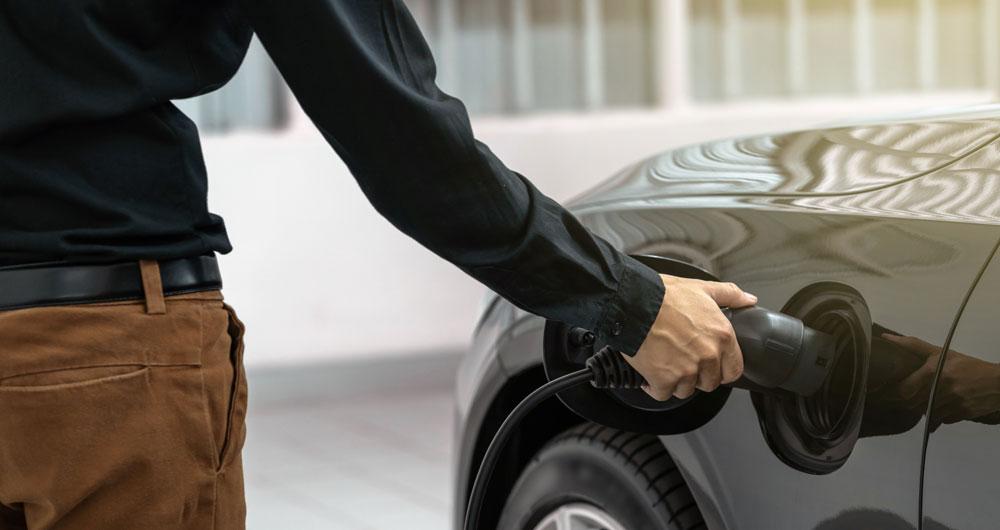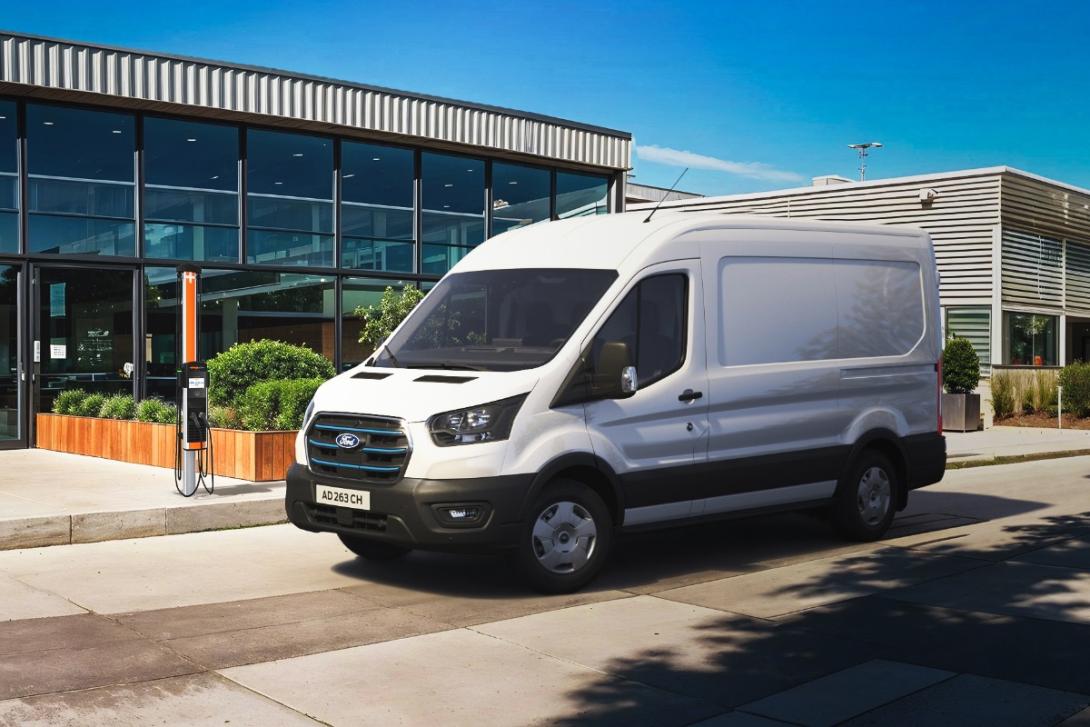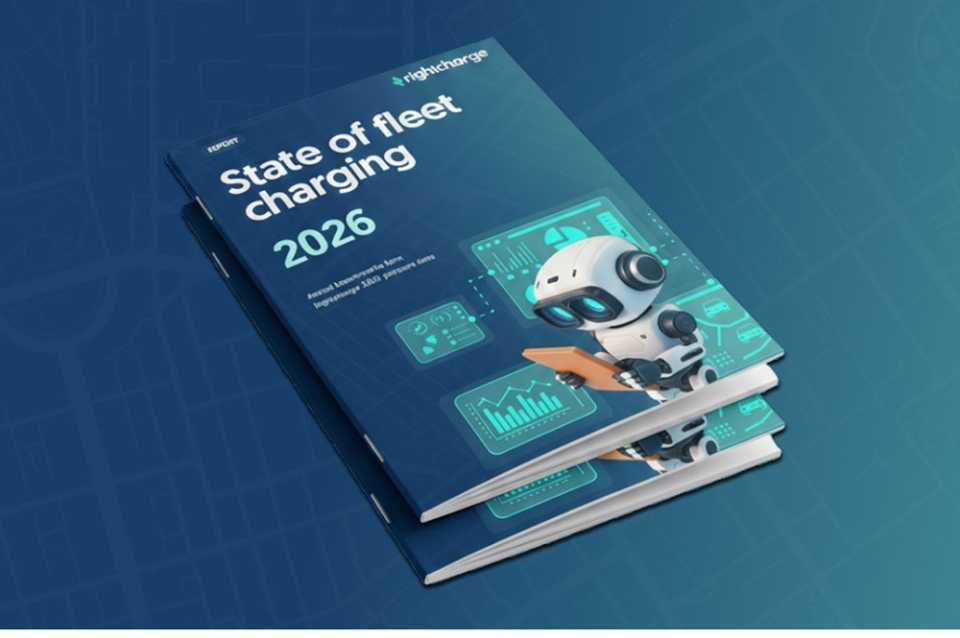Charging provider Pod Point and British Gas have launched a six-month EV charging trial which will see participants optimise EV charging to reduce energy costs and minimise carbon emissions.
The trial, which went live at the end of February 2024, recruited over 2,000 joint British Gas and Pod Point customers.
The initial 26 week pilot will focus on delivering flexibility services to customers in combination with Centrica, the parent company of British Gas, and its Demand Side Response (DSR) platform which encourages customers to move their electricity use out of peak times so they can access cheaper and more sustainable electricity.
Centrica, which operates one of the UK’s largest virtual power plants (VPP), aggregates energy flexibility from a number of sources to provide a more dynamic approach to managing electricity demand and supply across the grid. Onboarding the joint British Gas and Pod Point customers onto Centrica DSR’s VPP provides an ideal opportunity to increase Centrica’s flexibility capability to help balance the UK’s energy system.
From today, a small cohort of participating customers will use their electric cars to help support balancing the grid, which has been made possible following a successful trial led by the Power Responsive Programme at the ESO (Electricity System Operator). Run between September 2023 and January 2024, the Power Responsive trial demonstrated the willingness of households with smart EV charging to optimise their charging in response to instructions sent from the ESO.
Following the success of this trial, the ESO has opened up the Balancing Mechanism to up to 300MW of aggregated assets comprising EVs and other technologies to participate in the Balancing Mechanism on an enduring basis. During periods of high energy usage, EV drivers can postpone charging until demand subsides, while still meeting their charging schedules.
The initiative looks to demonstrate how EV charging can emerge as a valuable source of flexibility in the Balancing Mechanism showing the huge potential for EVs to contribute positively to both the ESO and the collective customers involved. The ESO estimates that by 2030, there could be up to 6GW of DSR from smart charging in the transport sector alone. The Pod Point and Centrica trial will play an important role in enhancing the market’s understanding of how these assets interact with the energy system, the flexibility they can provide and the value this can offer to consumers.
Commenting on the trial, Pilgrim Beart, VP, Grid Business Unit, Pod Point said: "The partnership with Centrica aligns with Pod Point's goal to continue driving innovation in EV charging. This trial forms part of our commitment to energy flexibility and we believe it will showcase the immense potential of EV charging as a significant source of flexibility in the market. We also believe flexibility will play a pivotal role in supporting the widespread adoption of EVs and renewables in the longer term.”
Stavros Sachinis, Demand Side Response Director from Centrica added: "EV uptake is a key part of the UK’s drive to Net Zero. Our partnership with Pod Point supports this and represents a strategic step towards a more sustainable and flexible energy future. By optimising EV charging we’re aiming to provide our customers with greater control over their energy usage and costs while also accelerating the journey towards a greener future. This is in addition to our recently launched market-leading SmartCharge service that charges EV’s when energy is at its cheapest during that charging session offering customers the chance to access a cheap charging rate while also helping to manage demand on the grid."
In addition to enabling British Gas and Pod Point to help their customers make charging cheaper and greener, the findings from the trial are also expected to support the ESO in establishing new rules which open-up the Balancing Mechanism to EV charging flexibility more widely.







